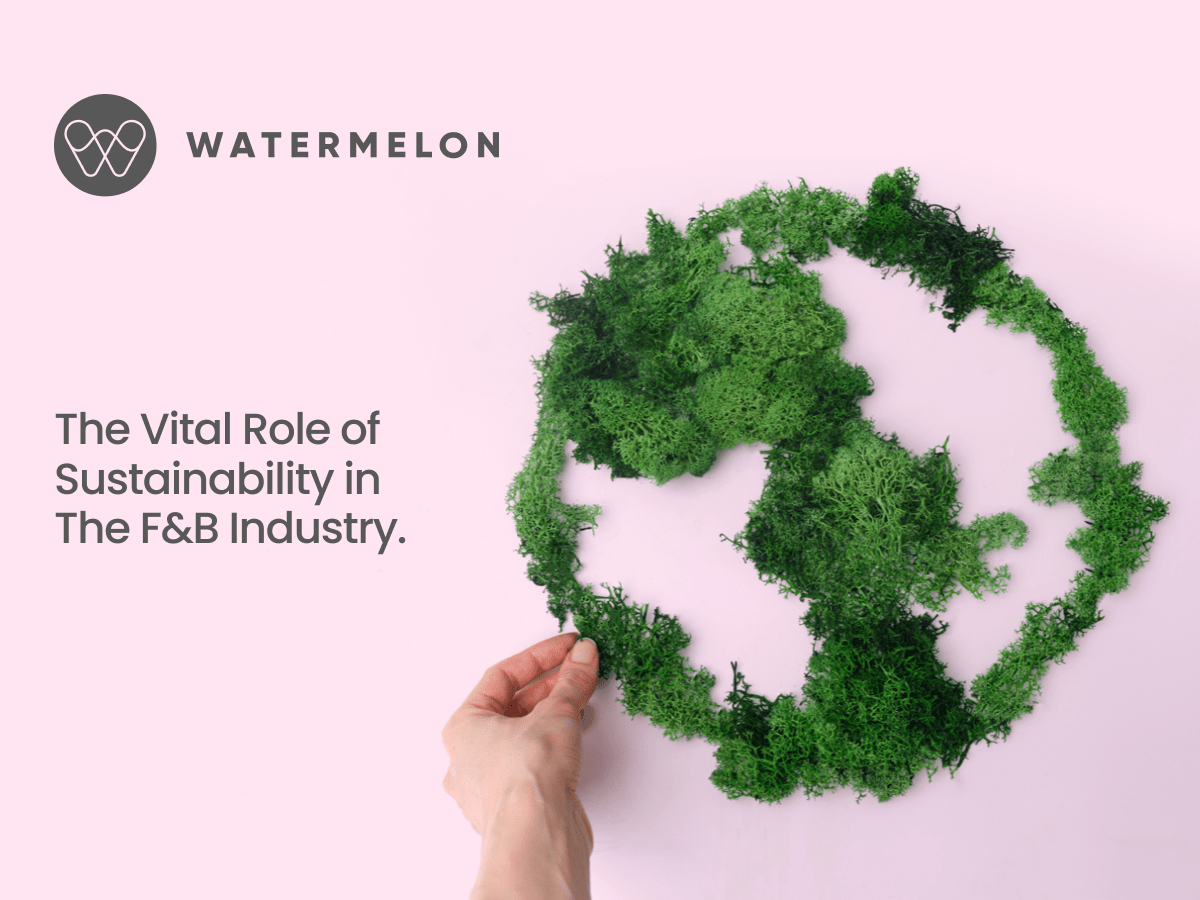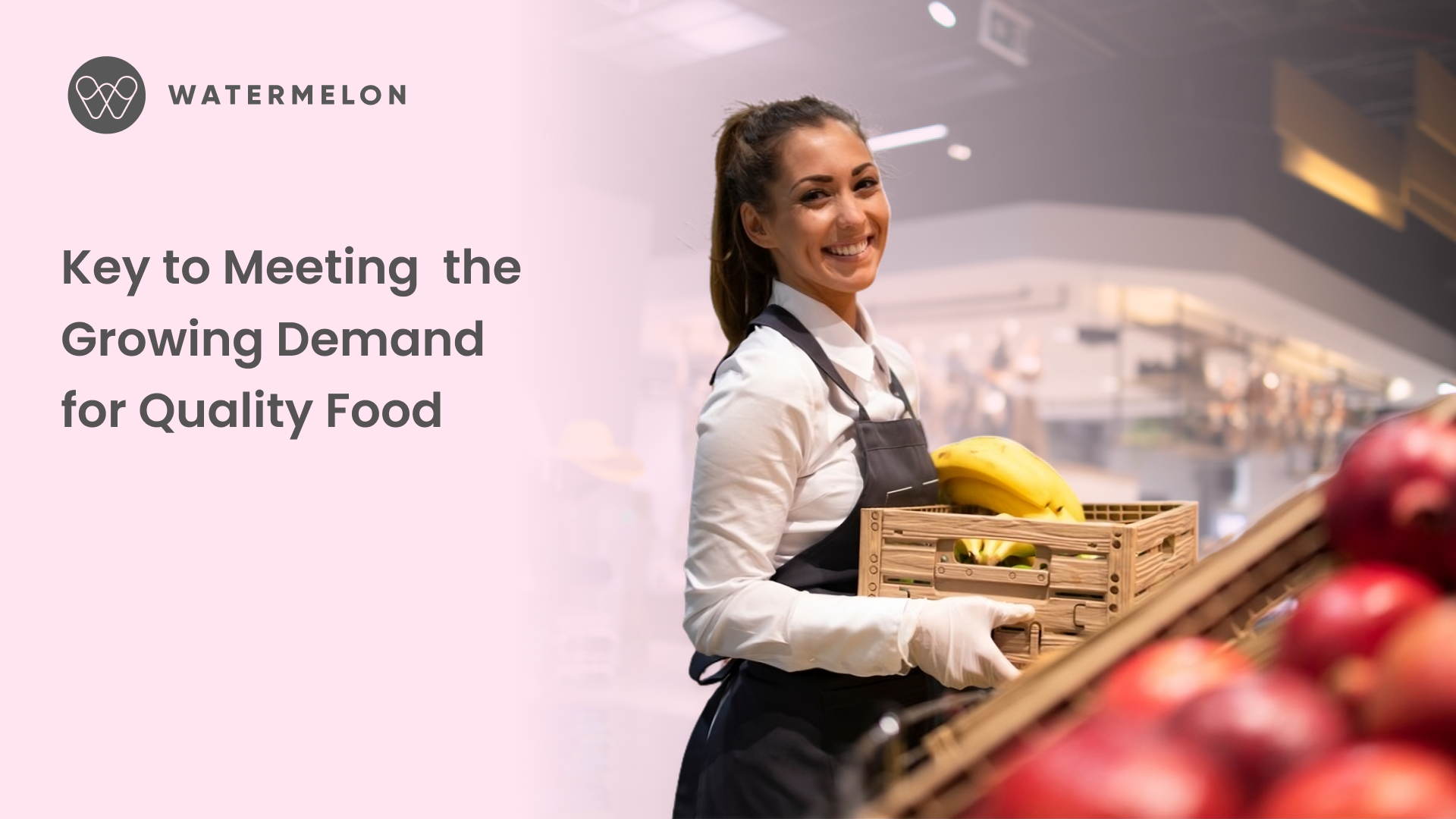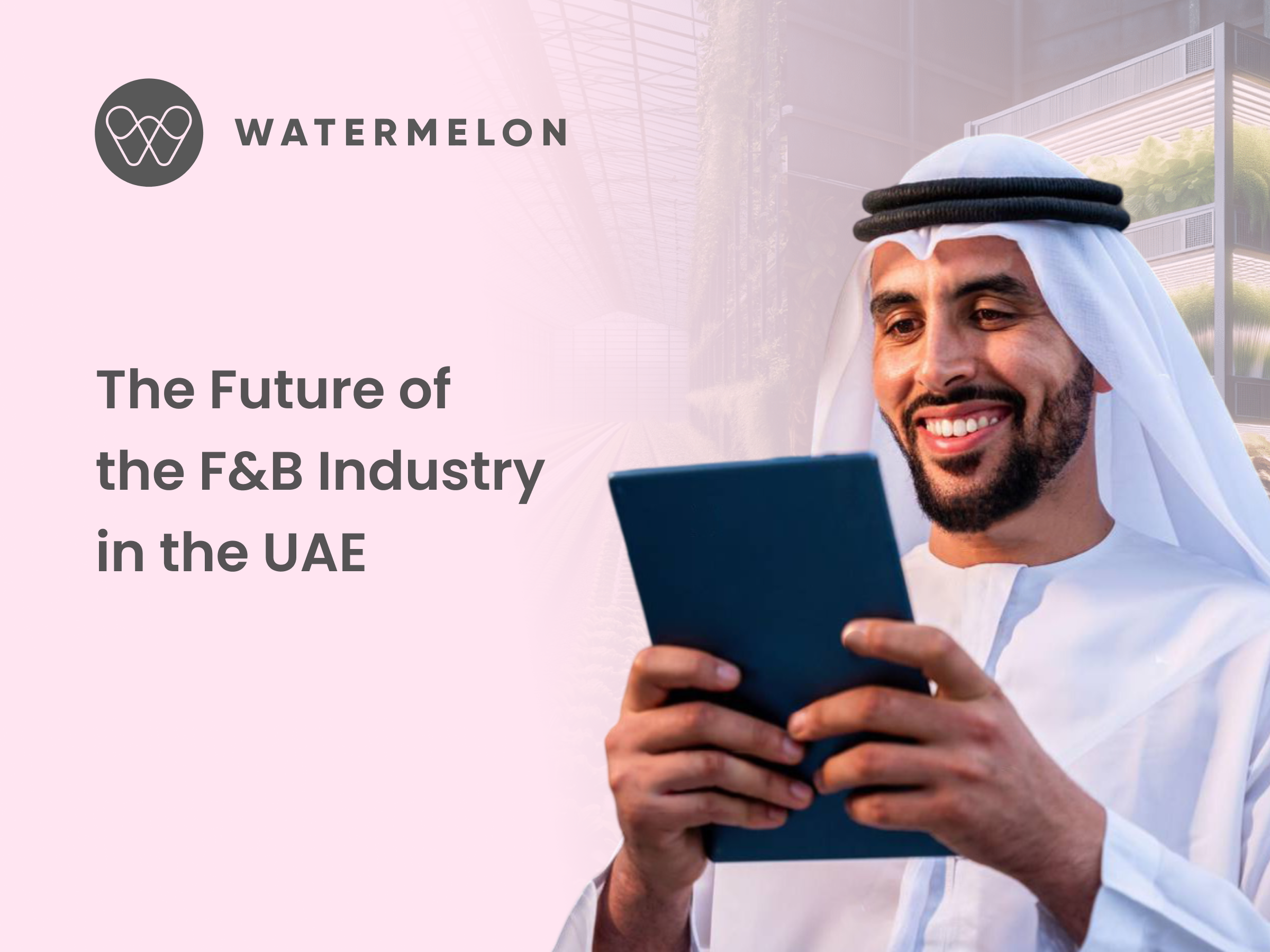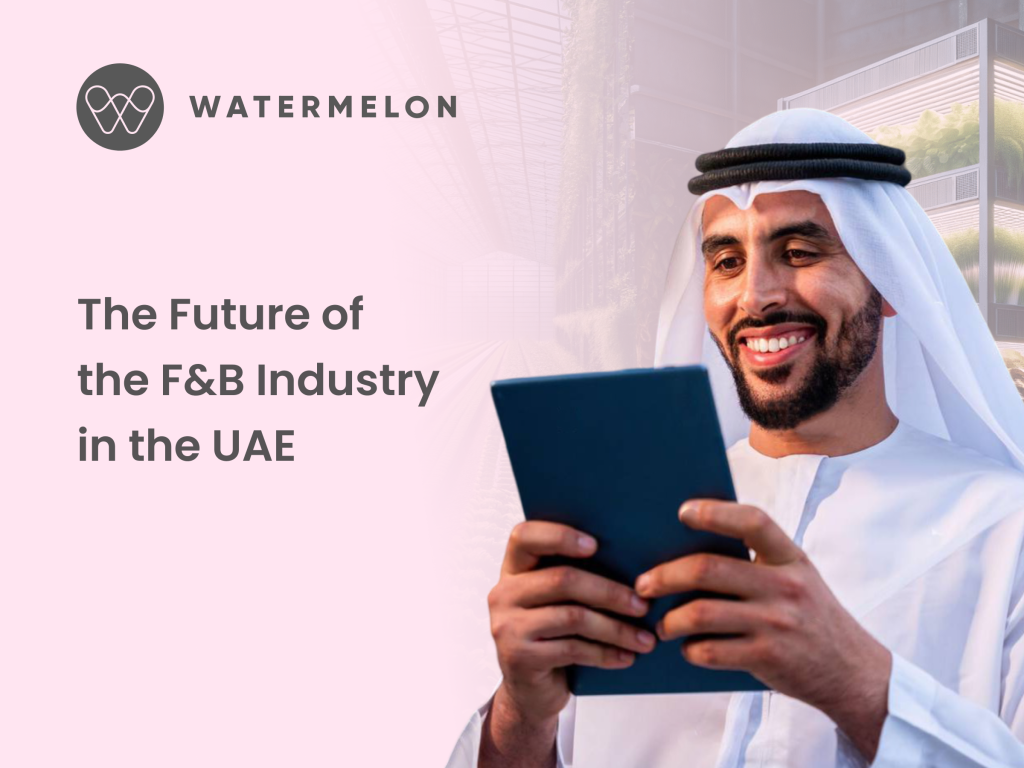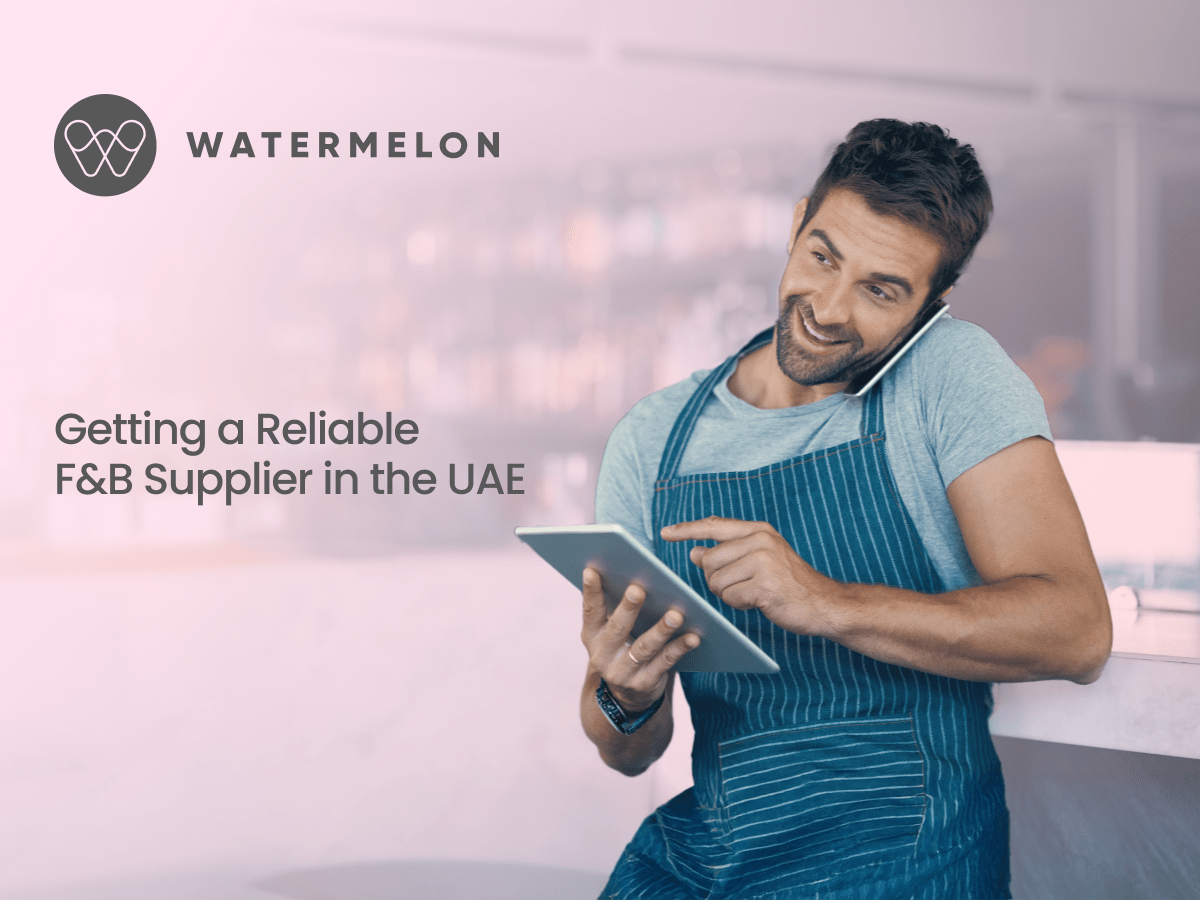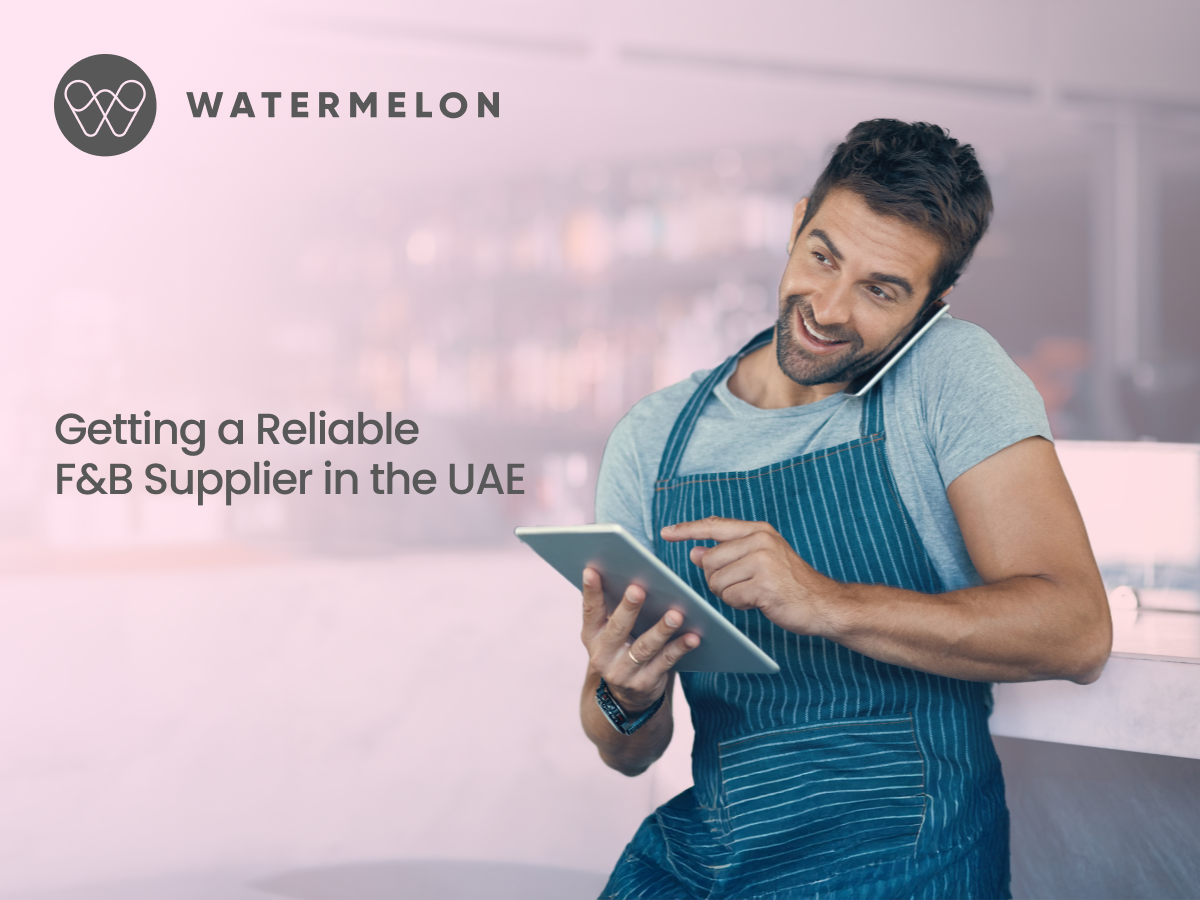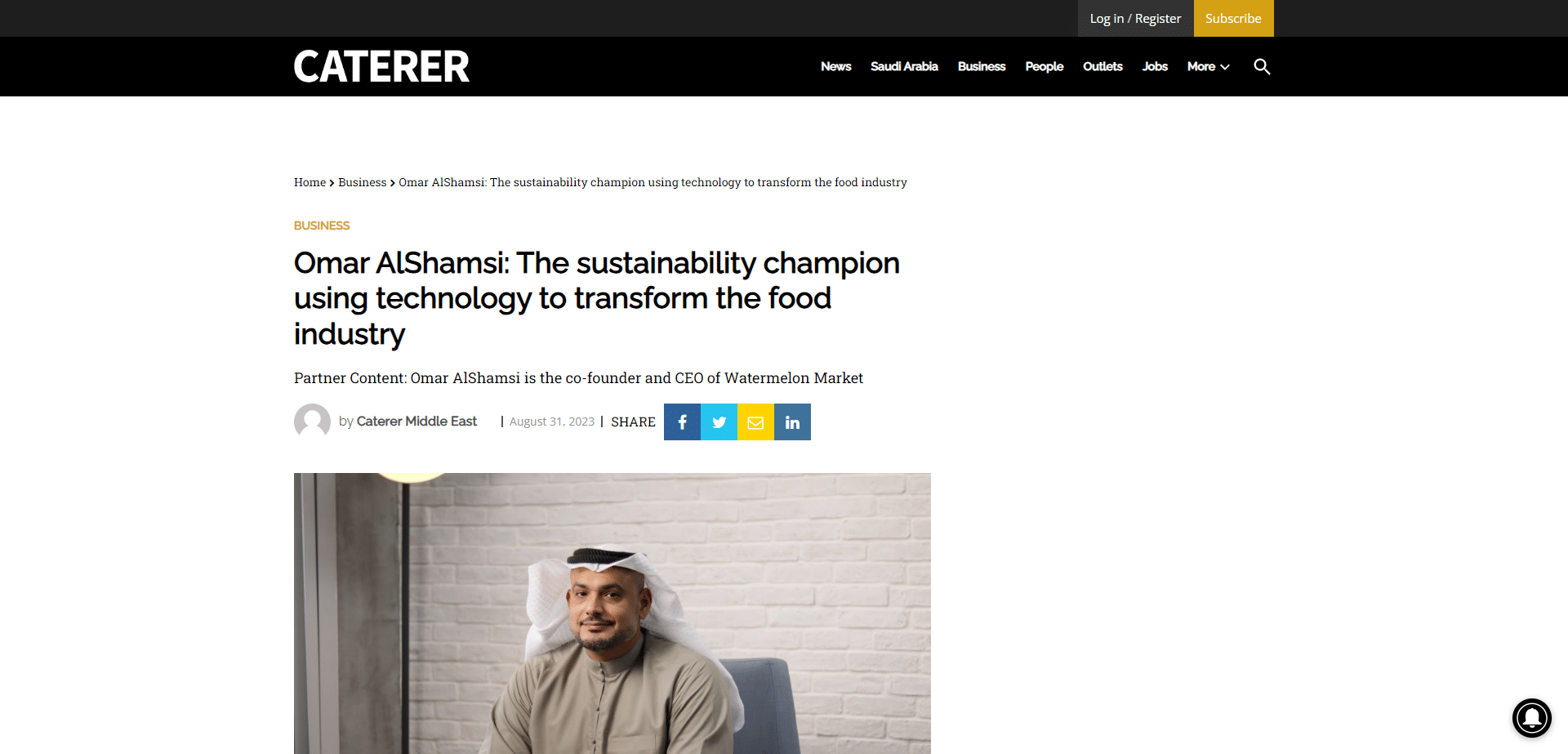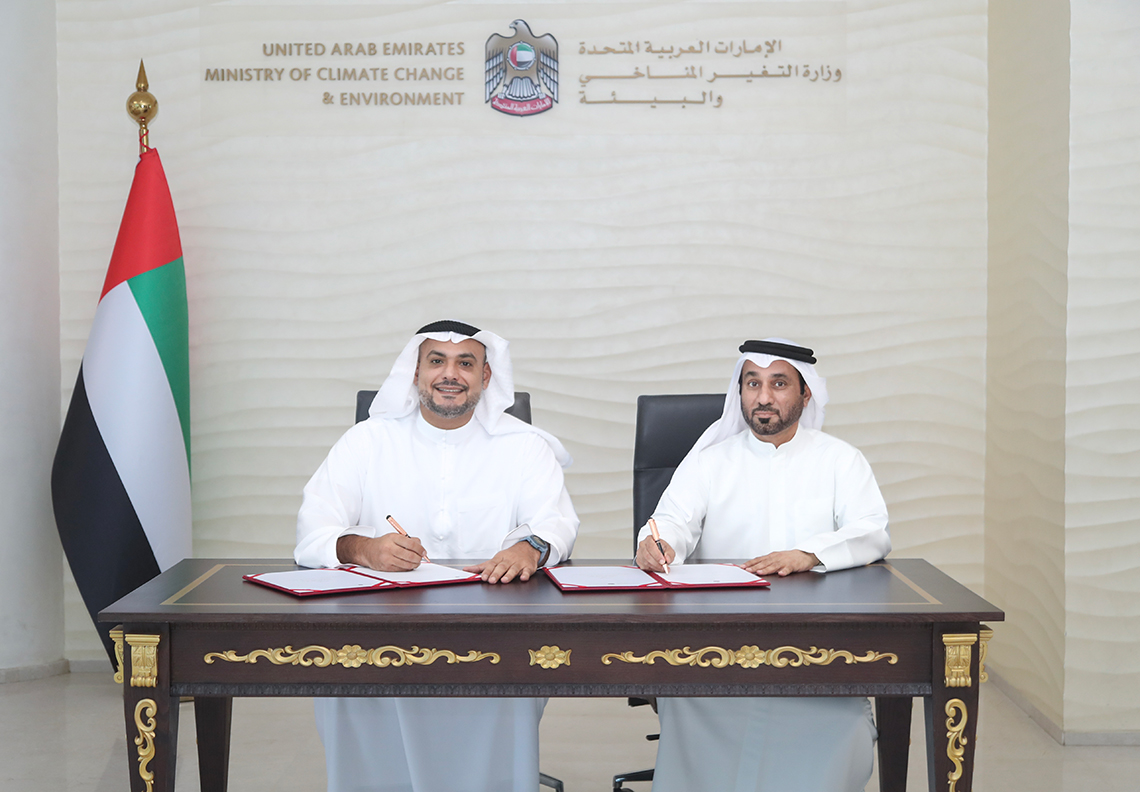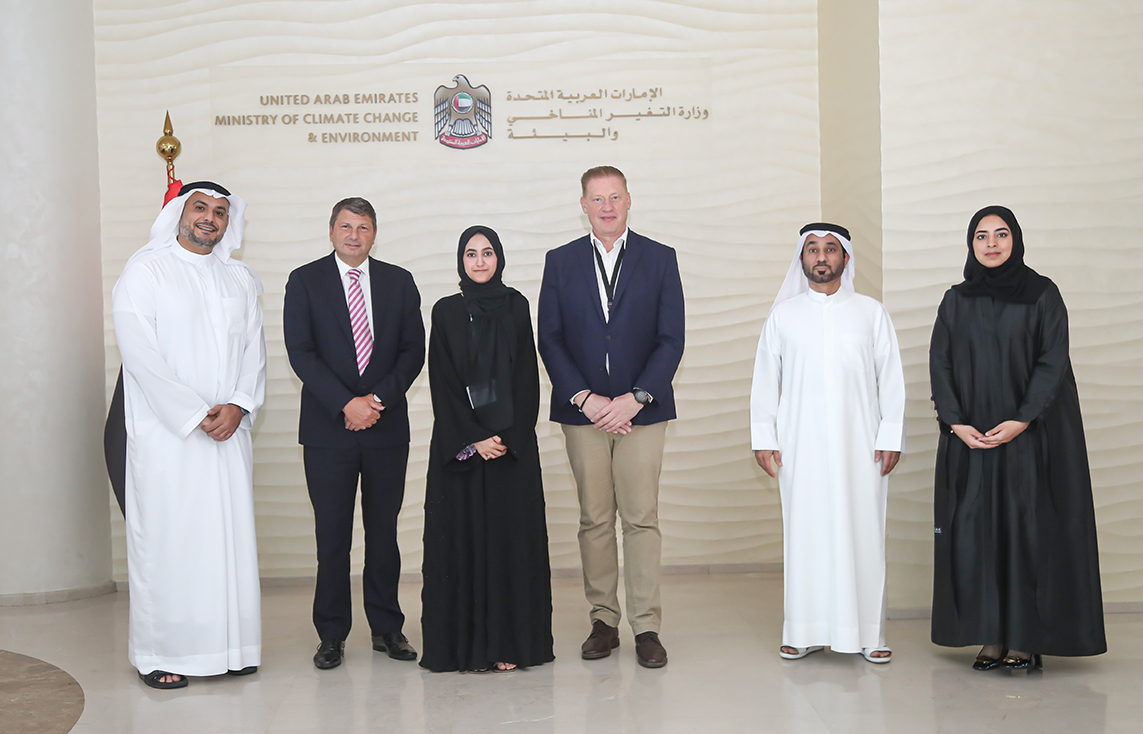The Future of the F&B Industry in the UAE: Trends and Insights for 2025
The UAE’s Food and Beverage (F&B) industry has seen remarkable growth over the past decade, driven by innovation, diversification, and an influx of international brands. As we move towards 2025, the sector is poised for further transformation, shaped by new consumer preferences, technological advancements, and the broader global food sustainability movement. Here’s a look at the key trends and opportunities that will define the F&B industry in the UAE in 2025.
Health and Wellness Revolution
In recent years, there has been a marked shift towards healthier eating habits, with consumers becoming more conscious of what they eat. By 2025, this trend is expected to evolve further, with a greater demand for plant-based, low-sugar, and organic foods.
The UAE is set to witness a rise in the number of health-focused food brands and menus offering personalized nutrition options. Consumers will increasingly seek transparency in the ingredients of the food they consume, pushing brands to prioritize clean, additive-free options. Additionally, functional foods that enhance health, such as foods with added probiotics, prebiotics, and immunity-boosting ingredients, will see an uptick in demand.
Sustainability and Eco-friendly Practices
Sustainability will be a driving force in the UAE’s F&B industry by 2025. The UAE has committed to reducing its carbon footprint and achieving environmental sustainability, and the F&B sector will play a crucial role in meeting these goals.
From sustainable sourcing of ingredients to reducing food waste, F&B companies will adopt eco-friendly practices. This includes using biodegradable packaging, reducing plastic waste, and implementing energy-efficient processes. Local sourcing will be emphasized to reduce the carbon footprint, and plant-based diets will continue to gain traction, both for their health benefits and their lower environmental impact compared to traditional animal-based foods.
Tech-driven Innovation
Technology will be at the heart of the UAE’s F&B evolution in 2025. With the UAE’s strong push for innovation, the sector will see the integration of cutting-edge technologies to streamline operations, improve the customer experience, and enhance food safety.
Key advancements include:
- Automation and AI: From automated kitchens and robotic chefs to AI-driven personalized menu recommendations, technology will be utilized to enhance food preparation and delivery efficiency.
- Food Delivery and Ghost Kitchens: The rise of food delivery apps during the pandemic has permanently shifted consumer behavior. By 2025, ghost kitchens (delivery-only kitchens) will become more widespread, enabling restaurants to cater to the booming demand for food delivery without the overhead costs associated with traditional dine-in spaces.
- Blockchain for Transparency: Blockchain technology will be increasingly used for food traceability, ensuring consumers have access to detailed information about where their food comes from and how it was produced.
Cultural Fusion and Diverse Flavors
The UAE’s F&B scene is known for its diverse and multicultural appeal, and by 2025, this trend will become even more pronounced. The country’s status as a melting pot for international communities means that consumers will continue to seek bold, diverse, and fusion flavors.
Local cuisine will experience a renaissance, with traditional Emirati dishes being reimagined with contemporary twists, while international flavors from Southeast Asia, Africa, and Europe will continue to influence the UAE’s food scene. Additionally, innovative dining concepts like food trucks, pop-up restaurants, and interactive dining experiences will thrive, offering new ways for consumers to explore food.
Experience-driven Dining
While convenience and quick service are important, by 2025, the UAE’s F&B industry will be dominated by experience-driven dining. Consumers are increasingly looking for dining experiences that go beyond the food itself, blending entertainment, ambiance, and unique concepts into their culinary adventures.
Expect a rise in experiential dining concepts, such as themed restaurants, interactive food experiences, augmented reality (AR) dining, and multi-sensory food experiences. Restaurants that combine food with entertainment—such as live cooking shows, theatrical presentations, or immersive cultural events—will become key attractions in the UAE’s competitive food landscape.
Rise of Local Food Startups
As the UAE’s F&B market continues to mature, the country will see a rise in local food startups. Young entrepreneurs, especially in the plant-based, organic, and health-conscious segments, will be at the forefront of shaping the food landscape.
With government support for startups and innovation hubs, more small and mid-sized F&B businesses will emerge, bringing fresh and unique ideas to the market. These businesses will not only cater to local tastes but also appeal to the growing number of tourists and expatriates seeking new dining experiences. Collaboration with local farmers and producers will also create opportunities for hyper-localized brands focused on sustainability and quality.
The Digitalization of the F&B Industry
As digitalization continues to reshape industries globally, the UAE’s F&B sector will become more reliant on e-commerce, digital ordering systems, and online platforms. In 2025, the entire customer journey—from discovering new dining options to ordering and receiving food—will be streamlined through digital interfaces.
Mobile apps and online platforms will offer personalized food recommendations based on consumer preferences, and virtual dining experiences will become increasingly popular. The integration of loyalty programs, contactless payment options, and AI-driven customer service will enhance consumer convenience and satisfaction, ensuring the F&B sector’s alignment with the digital-first mindset of modern consumers.

